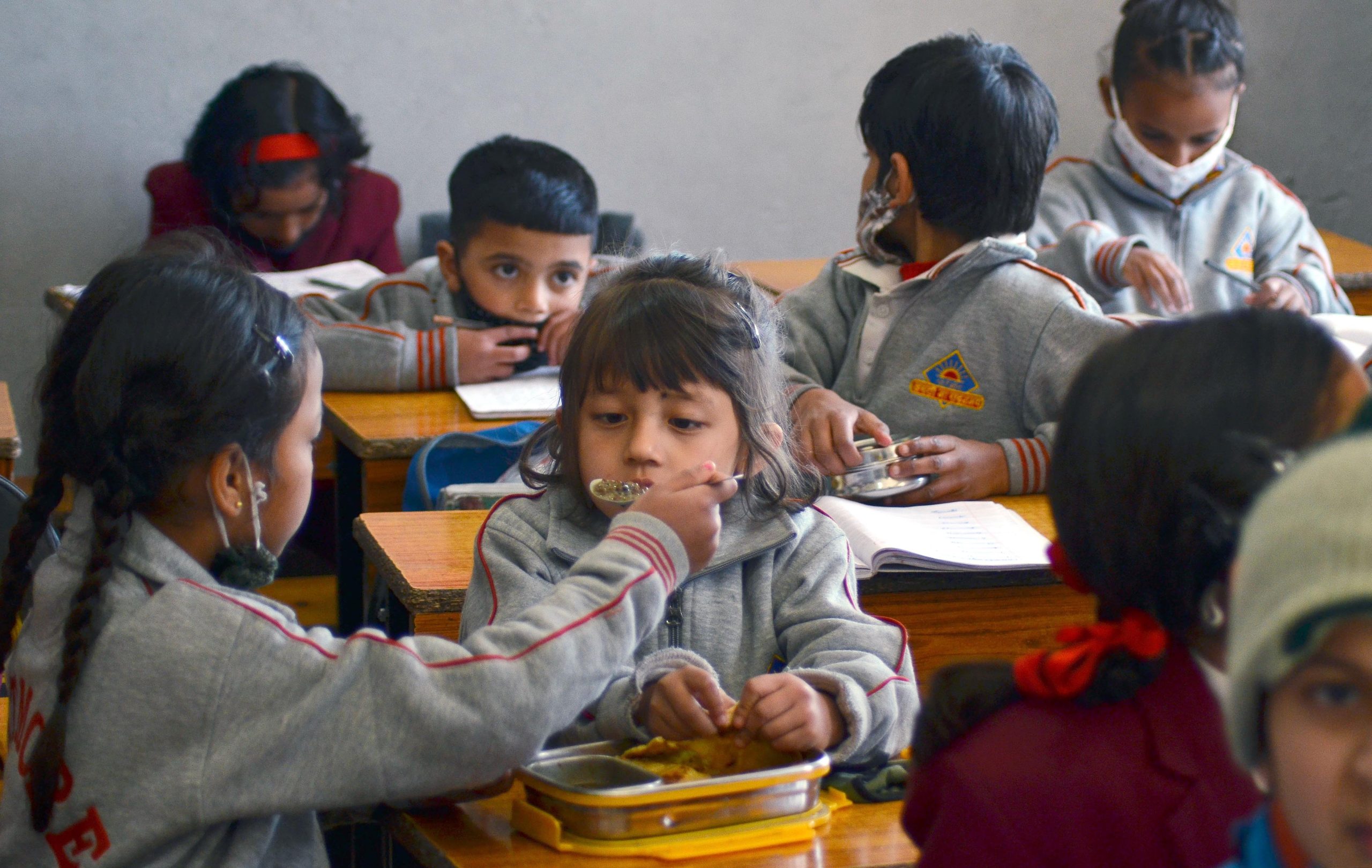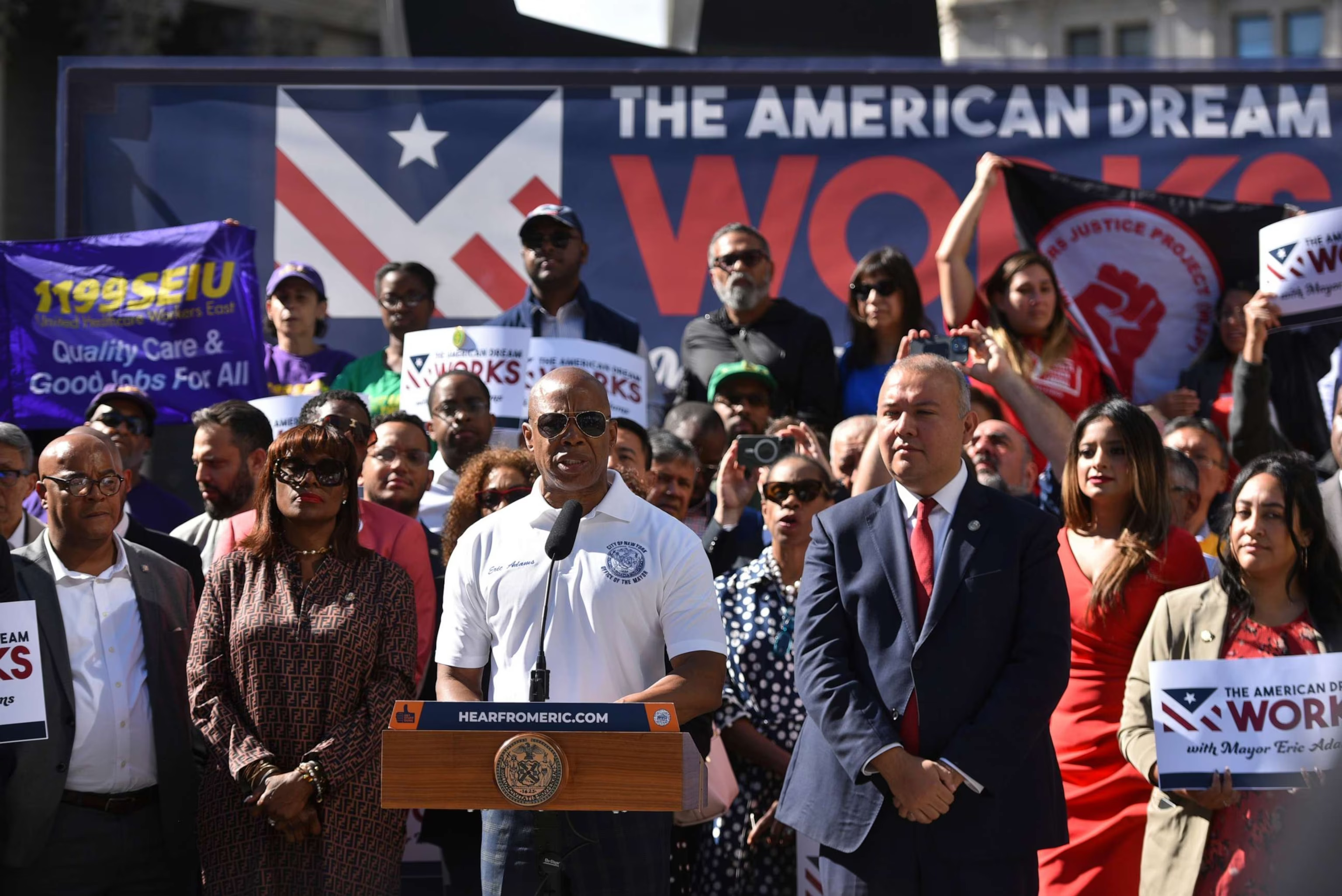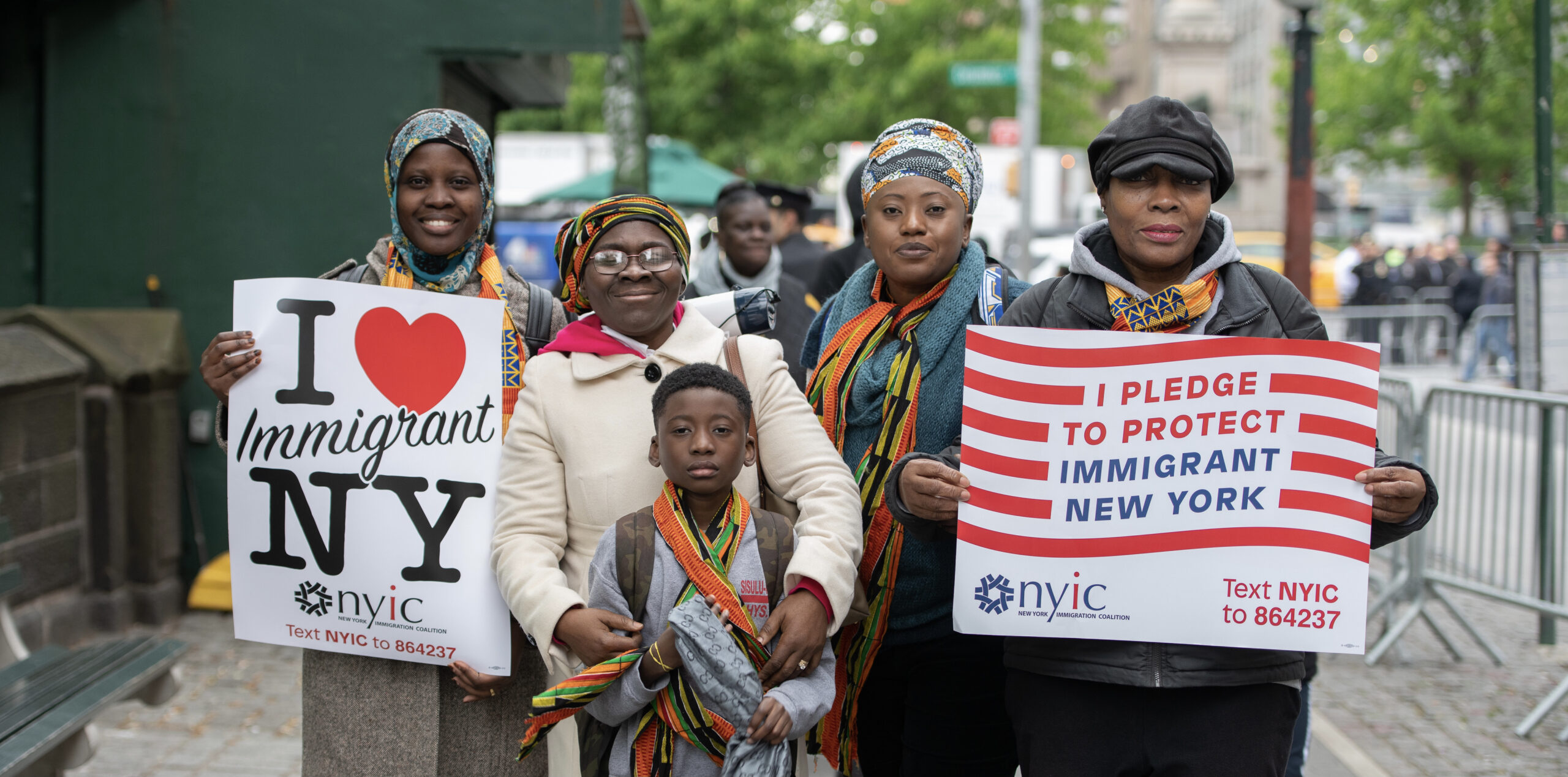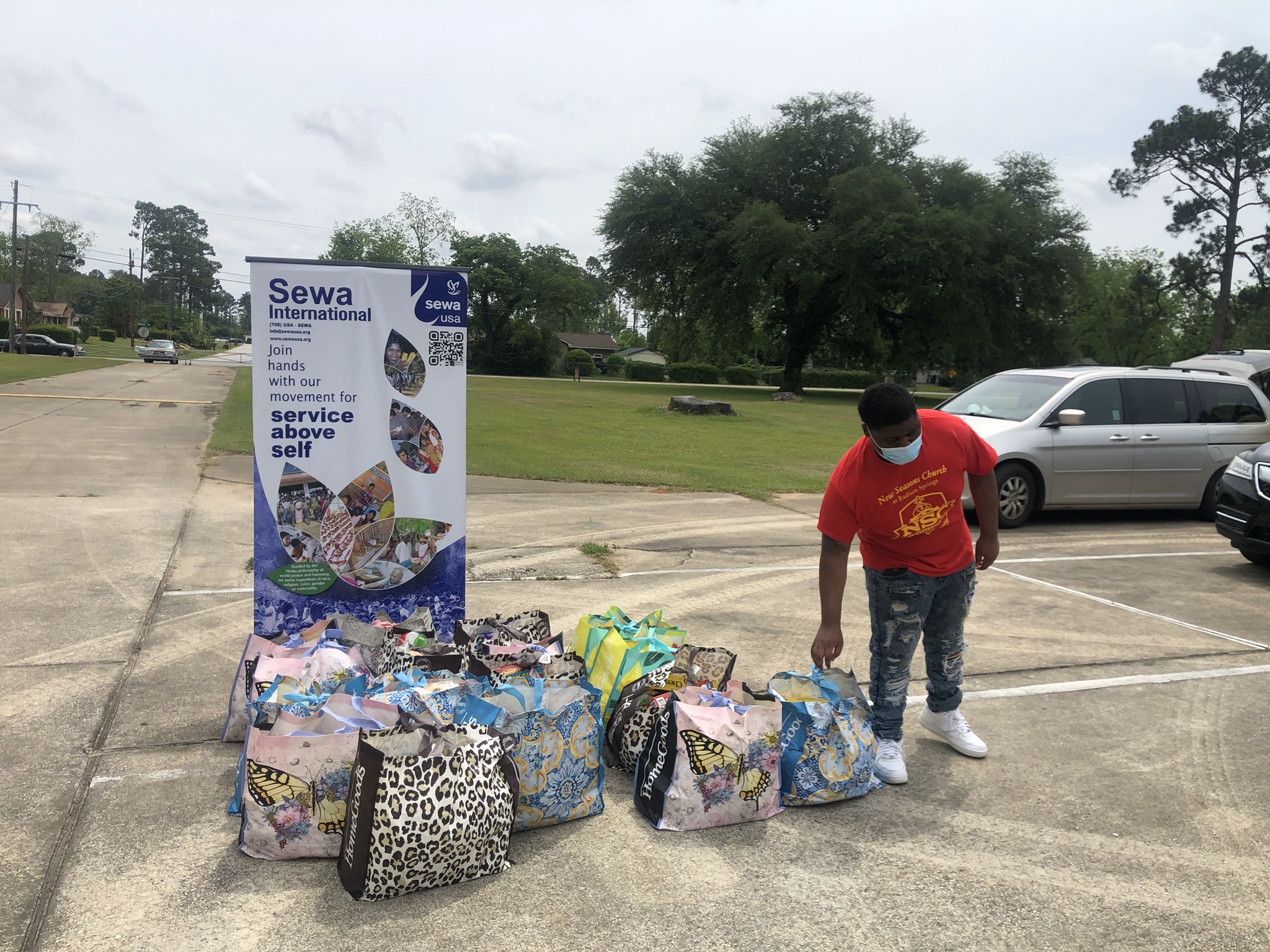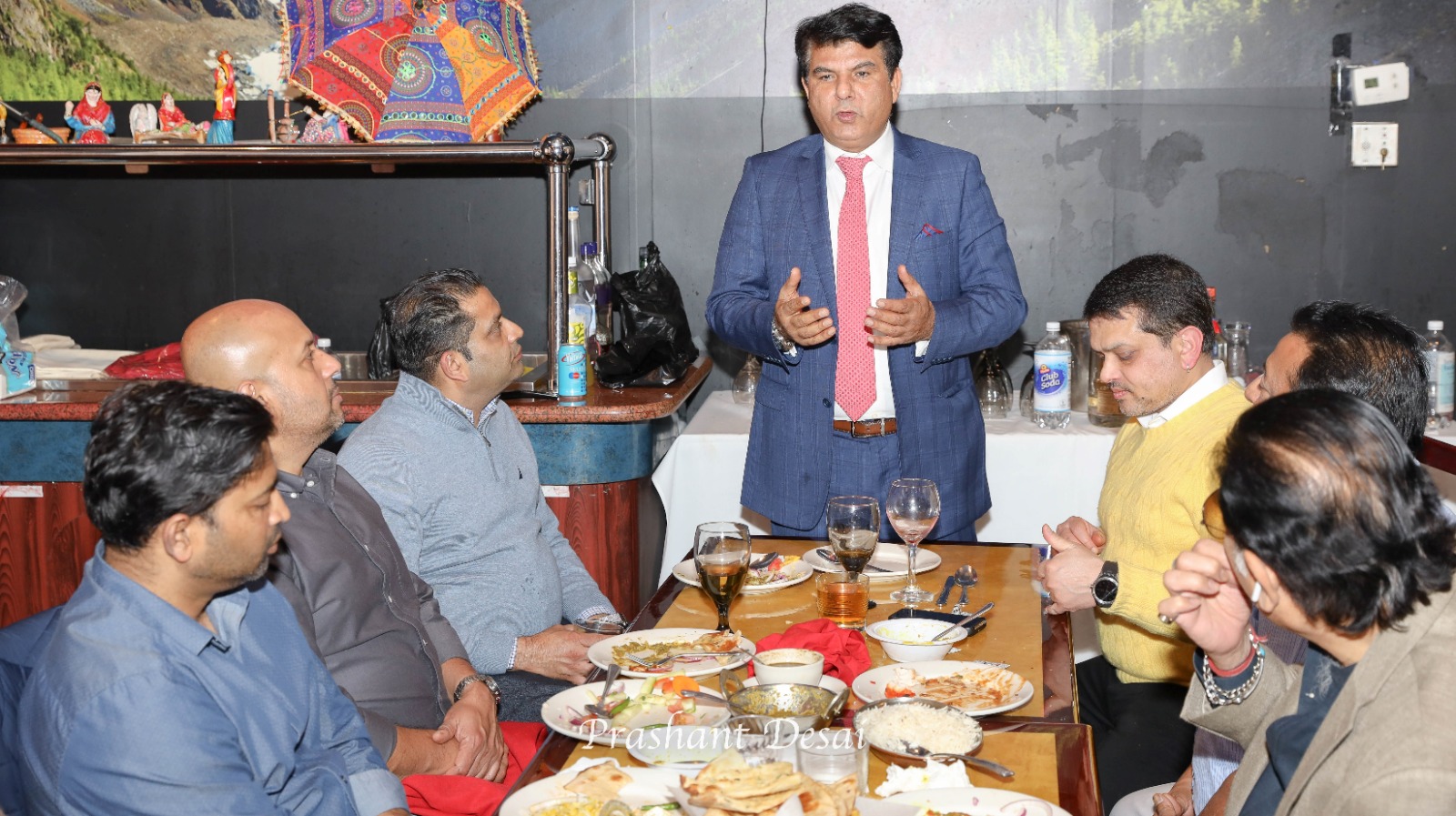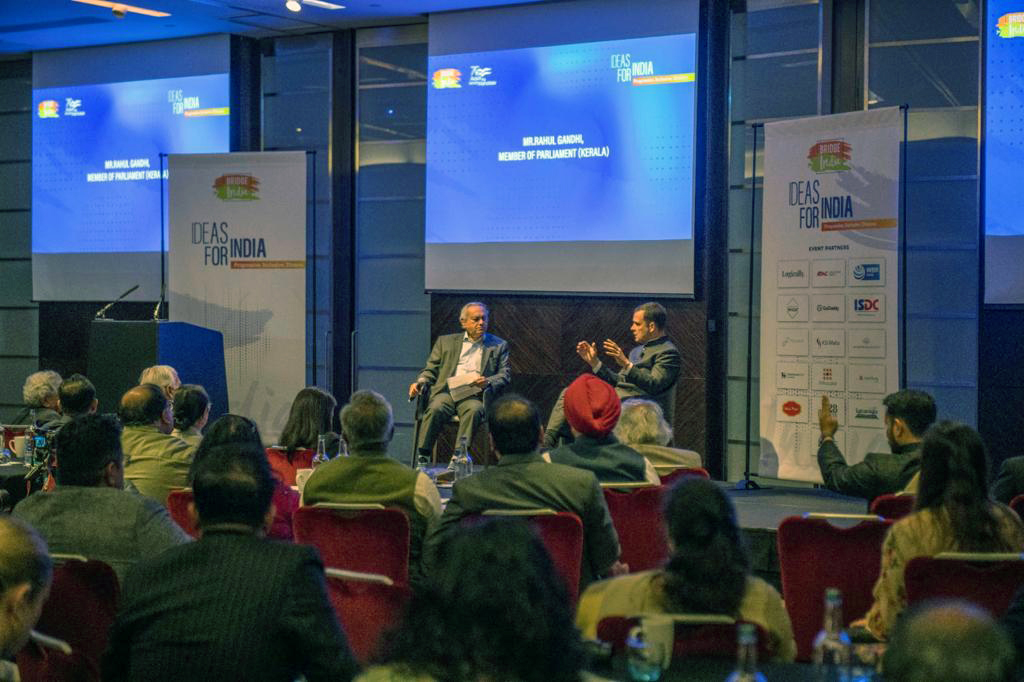The mandatory 72-hour report of RT-PCR is not required anymore and the travelers can show their full Vaccination Certificate. Also removed is the ‘At Risk’ marking for various countries with high Omicron caseloads
Our Bureau
New Delhi
In a major development, the Government of India has issued fresh COVID-19 guidelines for international passengers arriving in the country from February 14. As per the latest reviewed guidelines, the seven days mandatory isolation is not required after testing negative at the airport.
“All travellers will self-monitor their health for the next 14 days of arrival. If travellers under self-health monitoring, develop signs and symptoms suggestive of COVID19, they will immediately self-isolate and report to their nearest health facility or call National helpline number (1075)/ State Helpline Number.”
Earlier, it was mentioned in the guidelines that the report of the international passengers is negative, they will further self-monitor their health for the next 7 days. “The Ministry of Health has issued revised guidelines for International arrivals guidelines to come in effect from 14th February Follow these diligently, stay safe, and strengthen India’s hands in the fight against Covid-19.” Union Health Minister tweeted
In the latest guidelines, it is also mentioned that the mandatory 72-hour report of RT-PCR is not required anymore and the travellers can show their full Vaccination Certificate. The government has also removed the ‘At Risk’ marking for various countries with high Omicron caseloads.
Meanwhile, colleges of the University of Delhi reopen for all the undergraduate and postgraduate courses from today with all the COVID guidelines after two years of complete offline mode. As per the directive of the university, colleges have to go completely offline from this week. Aditi, a 2nd-year student of Gargi College said, “I am feeling very excited and nervous at the same time because I will make new friends, meet new people. Since I have joined the college, today will be the first day when I will be attending the class offline. It feels very weird that I am going to meet my classmates for the first time after interacting with them virtually. My parents have advised me to wear the mask all the time and sanitize my hands.”
Prof. Dr Promila Kumar, Principal of Gargi College, said, “I think I am more excited than my students as life is back to college and I can see vibrant faces around me, colorful environment.”
“The students were losing a lot. College is an important part of their life which they were missing while sitting at home. Now they will also gain a lot in the college” he added. “As far as the hybrid model is concerned, we are not so well equipped that each class can manage teaching in hybrid mode. But I have asked my teachers if they can help the students by taking online classes or by giving them extra time or sharing their recorded lectures, PPTs to help them” Kumar added.
Meanwhile, schools in West Bengal re-opened on Thursday for primary and upper primary students after a gap of about two years. Students from Classes 8 to 12 are already attending physical classes in the state. COVID-19 guidelines were being followed as the students returned to school.
“We have re-opened for primary and upper primary classes from today and have followed all the COVID-19 guidelines for the safety of all. Students’ hands have been sanitized before they entered the school premises”, said Sulogna Bhattacharya, Assistant Head Mistress of a primary school in Silguri.
The students are maintaining distance, wearing masks and bringing their own sanitizers to school, Bhattacharya further said. “I am enjoying the day as I have come to school after a very long gap. We are all taking precautions and wearing our masks”, said a young student.
Lipika Mukherjee, an assistant teacher at the school said, “We have been missing school and the ambience as we were teaching online for quite some time now. We all are very excited that the schools are re-opening and hope everyone remains safe and healthy while following all the COVID protocols.”
In a related development, health experts say reinfection of people with COVID-19 within two to three weeks of their last infection is because of the ‘immune escape capacity’ of the virus. Dr DS Rana, Chairman, Sir Ganga Ram Hospital told ANI, “People who have been infected earlier are turning positive again. They are getting reinfected within a gap of two or three weeks because if the virus enters inside you, reinfection can happen. This primarily happens because this virus has the capacity to immune escape. This virus is escaping immunity. At this point, we can’t afford to lower our immunity.”
















